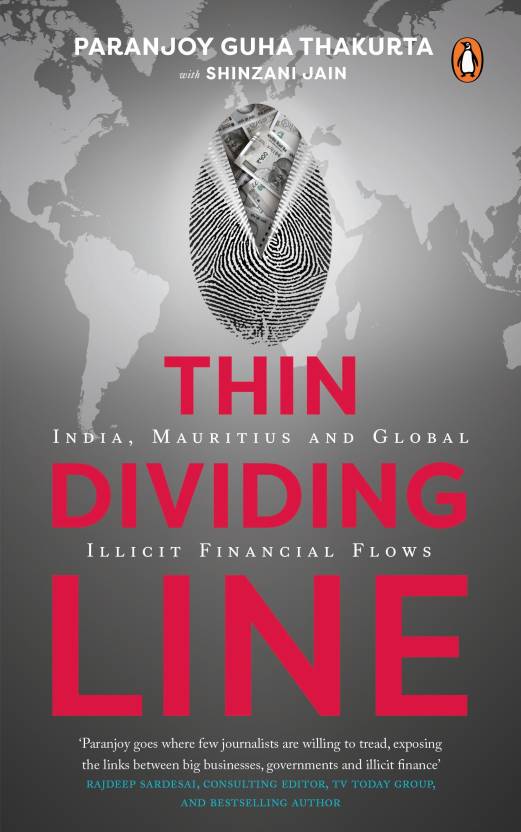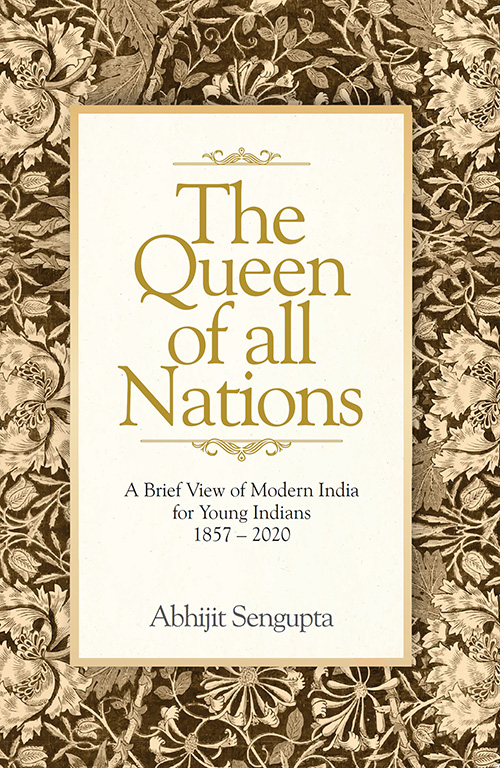IT IS OFTEN TOUTED as the ‘world’s largest social security scheme.’ Its critics call it the worst form of wasteful government expenditure. It is held responsible for the victory of the Congress party-led United Progressive Alliance coalition in the 2009 general elections. Now, the name of the ‘Father of the Nation’ has been prefixed to make the acronym even more cumbersome than it was. Love it or hate it, the National—now, Mahatma Gandhi—Rural Employment Guarantee Act (NREGA) is here to stay, more than four years after it was implemented in February 2006 after its enactment in September 2005.
According to official statistics, at least one member belonging to more than 50 million households—almost all of them poor—has been provided employment opportunities under the NREGA. In the financial year ending on 31 March, the Government of India would have spent somewhere in the region of 7.5 billion dollars on this programme, which aims at legally mandating 100 days of unskilled manual labour per year to a member of a rural family seeking such employment, at a daily wage of 100 rupees (or just over two dollars).
The NREGA story goes way beyond cold statistics and legalese. At one level, the programme has been ambitiously conceived as the largest initiative on job creation in modern history. (Employment as a legally enforceable right has not been granted to the citizens of any other country.) The government claims that at its core, the act ensures manual employment to all those who demand it in rural areas, with the provision of unemployment allowance in case there is a failure to meet the demand for work.
The act is also meant to bring about investments in productive assets, decentralise implementation (mainly by gram panchayats or local village-level councils, but also by non-government civil society organisations) and ensure transparency. The programme is not merely meant to have a positive impact on real wages and employment opportunities, it is intended to enhance food security and check off-season migration from rural to urban areas.
The government acknowledges that most of these objectives, laudable as they are, have not been fulfilled or have, at best, been partially met. Despite the fact that the scale of fund absorption and of the scope of work and awareness of the programme has expanded gradually, many shortcomings remain that need to be urgently addressed. The Ministry of Rural Development acknowledges that panchayats and other implementing agencies have weak capacities to plan and execute projects.
However, the significance of the NREGA lies in the fact that the programme is being implemented at a time when the world has rediscovered the importance of the late British economist, John Maynard Keynes (1883-1946), who advocated an interventionist government policy to mitigate the adverse effects of recession. He argued that when aggregate demand is depressed, the government should spend by borrowing (or printing more currency notes) in order to place more money in the hands of people so they can spend. An extreme form of this prescription would be to ask individuals to dig holes and fill them up again for a wage.
This manner of expressing the need for deficit financing during recession earned Keynes the ire of an entire tribe of economists, who espoused the cause of laissez faire capitalism and an economic doctrine arguing for minimal government intervention in markets. The ongoing international economic crisis has made even diehard believers in the virtues of free enterprise capitalism realise that the so-called self-correcting mechanisms of markets often fail to work and even, in the process, bring misery to large numbers who lose their homes and jobs.
In the Indian context, the real challenge is effectively implementing the NREGA to ensure that assets built under the programme are durable—freshly built roads should not get washed away after the following year’s monsoon. In other words, the programme has to work better than Keynes’ prescriptions about digging holes. Equally important is the imperative to improve the quality of governance and reduction of corruption. The two social activists who fought hardest against those who were opposed to the enactment of the NREGA, Jean Dreze and Aruna Roy, are today reportedly disillusioned that a lot of the money supposed to be spent on wages is being misused to pay for construction material, and ends up lining the pockets of sundry government officials, engineers, contractors and even village employment officers.
Much more needs to be done to streamline the system of social audit that is supposed to ensure that the funds expended on projects are properly spent. Whether the auditors are representatives of NGOs or state governments, they need to be empowered to check resource leakages and punish the errant. In many parts of the country, not only are minimum wages not being paid, accounts are not being opened in banks and post offices to deposit them, simply because bank branches and post offices do not exist in areas where the local population needs the NREGA schemes the most. The effective implementation of the programme requires the expansion of financial infrastructure in remote rural areas.
It is also true that in certain areas, suitable work is just not available, which implies that the scope and nature of projects considered ‘admissible’ under the NREGA needs to be extended and enlarged. Currently, the projects being implemented under the act have a six percent limit for payment to supervisory staff. Such a limit may not be feasible under certain circumstances; a more flexible approach may be desirable. Since the target of 100 days of work a year is not being achieved in most parts of the country—the average is roughly half that—it has been suggested that funds should be made transferable to areas where there is greater demand for unskilled work and labour-intensive public projects.
The list of what needs to be done is long. The country needs a better, more effective and inclusive social safety net for the most underprivileged. Otherwise, all talk about high economic growth will be meaningless.


